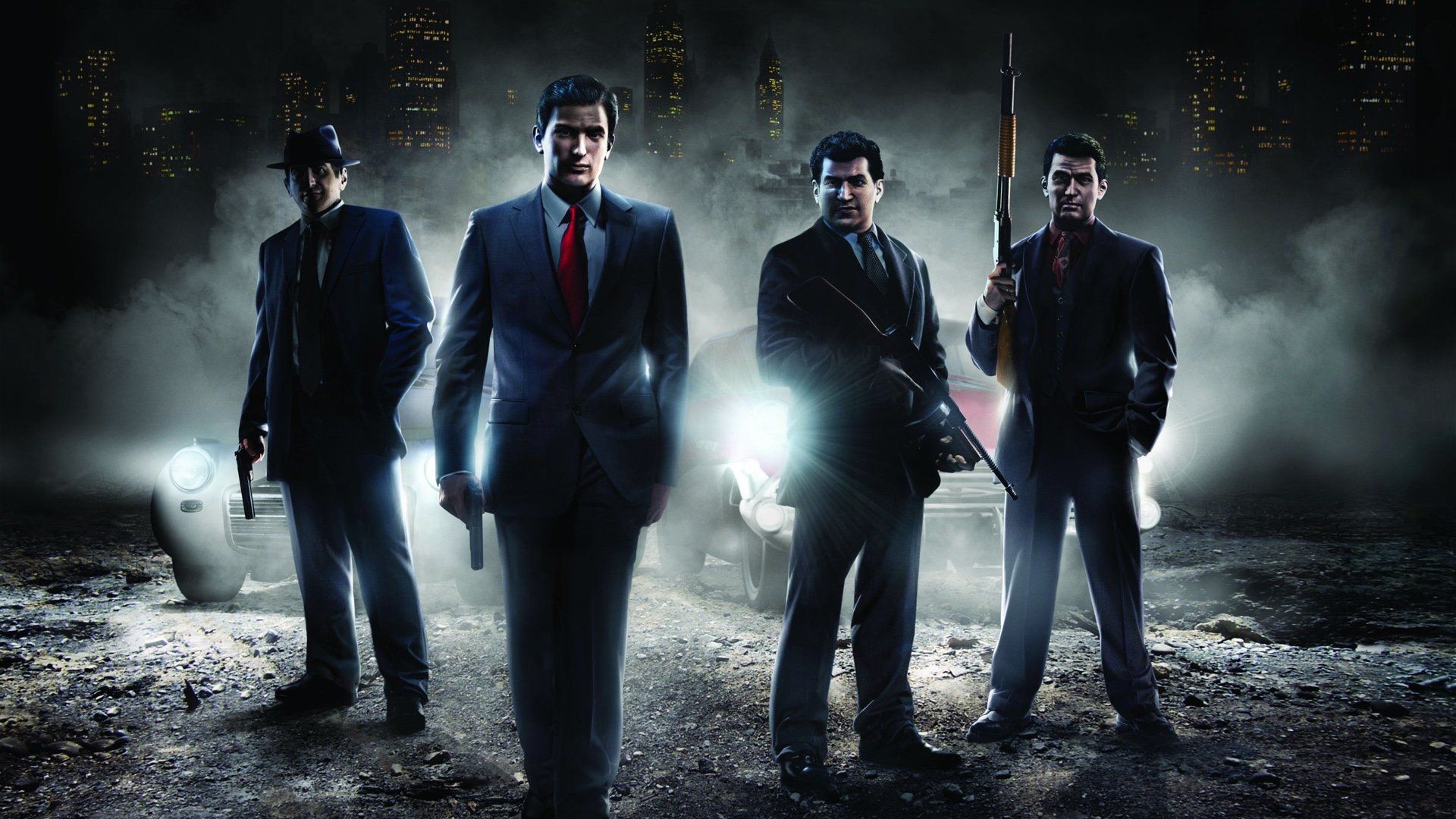
FAQ About Mafia Trope
Mafia Trope
2 years ago | gizem
How does the Mafia trope in books depict the relationship between crime and power?
The Mafia trope in books often explores the intricate relationship between crime and power. Here are some ways in which this relationship is depicted:
- Power through Violence: Mafia-themed books often portray organized crime as a means to acquire and maintain power. Characters rise to prominence within the criminal hierarchy through acts of violence, displaying their strength and ruthlessness. Violence becomes a tool to establish dominance and exert control over territories, businesses, and individuals.
- Control over Institutions: Mafia-themed books frequently depict crime bosses exerting influence over institutions, including law enforcement, government bodies, and businesses. Through corruption, intimidation, and coercion, they manipulate and infiltrate these institutions, gaining leverage and protection for their criminal activities.
- Economic Power: The Mafia trope often emphasizes the economic power wielded by crime bosses. These books explore how organized crime engages in illegal enterprises such as drug trafficking, extortion, gambling, and money laundering. Characters amass wealth and economic influence, enabling them to expand their criminal operations and extend their reach into legitimate sectors.
- Political Connections: Mafia-themed books frequently highlight the political connections forged by crime bosses. They depict interactions with politicians, the manipulation of political processes, and the corruptive influence of organized crime on the political landscape. These narratives explore how crime bosses leverage their connections to gain protection, influence legislation, and shape public policies.
- Social Control and Fear: Mafia-themed books showcase the ability of crime bosses to exercise social control through fear and intimidation. Characters exploit their reputations and instill fear in individuals and communities to maintain their grip on power. They utilize their criminal networks to monitor, punish, and control those who might challenge their authority.
- Internal Power Struggles: These books also delve into the power dynamics within the criminal organization itself. They depict internal power struggles, rivalries, and betrayals as individuals vie for control. Characters navigate alliances, manipulate loyalties, and make calculated moves to consolidate or challenge existing power structures.
